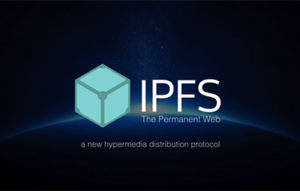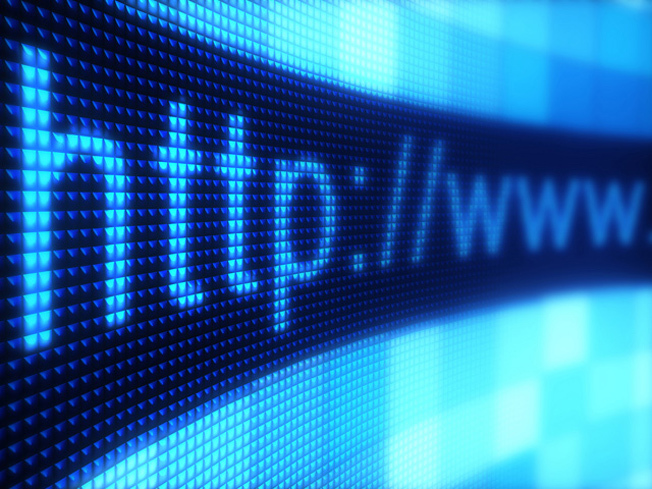The Ideal Internet
What would the internet we’ve always wanted be like?
January 23, 2018
The internet is a big place. Like really big. Like immense. It’s arguably the forefront of our generation, providing the most information available to billions of people than ever before. Though it only came to fruition in about 1990 with Tim-Berners Lee’s World Wide Web, it has become one of humanity’s most prolific resources for information, communication, and recreation over the course of only a few decades. Over a billion websites have been created as of 2014, and more than 3 billion people use the web daily. With this immense number, companies have made their mark on the internet successfully since its birth. The most prominent of these is Google, a huge technology company that’s most notable for its advanced search engine, Google Search. Others include Facebook, Netflix, and Amazon, each being leaders in their own markets.
While the internet continues to provide countless resources for individuals to communicate, shop, learn, and tons more, it’s not without a fair share of problems. From viruses to the recent debacle with net neutrality, the internet isn’t in a perfectly ideal form. Government overseeing is arguably at an all-time high, to the point of evident spying on internet users to gain information. They aren’t the only ones collecting personal data, though.
The internet’s wide array of notable companies like Google and Facebook regularly gather private information about their users to sell. According to The Windows Club, “Companies collect your data in order to build up your profile, which can be used to push you targeted products and services.” If you’ve ever wondered why your search suggestions and Facebook ads hit so close to home, that’s why. In addition, bigger companies often collect personal data to sell to others. At this point, you’re more of a product than a consumer.
Free and open access to a massive web of information comes at the cost of your own being vulnerable. This is where the ideal internet comes to mind. The idea of an internet without government spying or corporate personal data marketing seems moot when you see just how much control these groups have over the web these days, and it doesn’t help that we partially rely on them to keep it afloat. But that was all until a key plot point in a sitcom turned into an unbelievable possibility.
HBO’s Silicon Valley, which started airing in April 2014, satirizes the tech industry in its heart, the titular valley of start-ups and nerds making it big. It isn’t until its fourth season that the crew of geeks behind a world-changing data algorithm form the idea for a peer-to-peer internet. The basic concept is that with the power of this compression algorithm (making data files smaller, taking up less space), the team can create an internet powered solely by networks of phones throughout the world. The algorithm would free up extra storage, and users would agree to give some of that storage to the company, which will then sell it to bigger companies for less than others. We, the users, would have total freedom, as we would be inadvertently in control of the new internet. Not Google, not the government, and not anybody else.

“Information would be totally free in every sense of the word,” protagonist and man behind the algorithm Richard Hendricks explains in HBO’s Silicon Valley. Sure, this may seem like fiction when presented through a TV show, but the idea for a peer-to-peer internet is actually more than possible; it’s coming.
Wired brought up the Interplanetary Storage

System in an article about the topic. Arguably the closest thing to Richard’s vision, the model is this: “The idea behind IPFS is to have web browsers store copies of the pages they visit and then do double-duty as web servers. That way, if the original server disappears, the people who visited the page can still share it with the world.” It’s not identical, and in fact uses a computer network rather than phones, but that might be for the better. Outside of the show’s fictional cellular storage advantage, real phones don’t have the power to handle this network. Computers, on the other hand, have immensely greater compression capabilities to be able to pull it off, and IPFS is proving that.
Right now, the internet is the backdrop of most digital advancements we’re making, and the ideal internet could very well be the next. With the amount of government surveillance and personal data collecting that occurs, one could almost forget just how fortunate we are to have such a massive web of information, entertainment and other resources at our disposal. The ideal internet isn’t far from here, and it’ll change the scope of the web forever.





